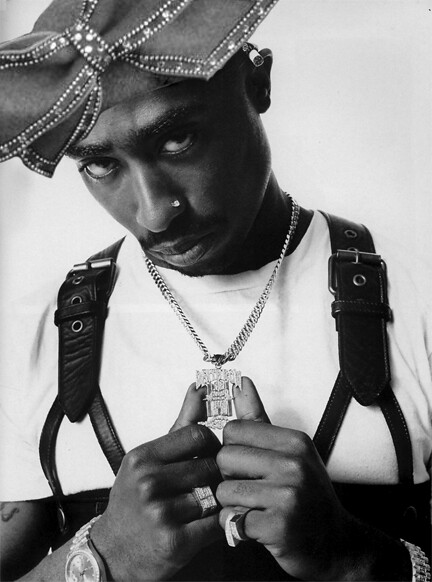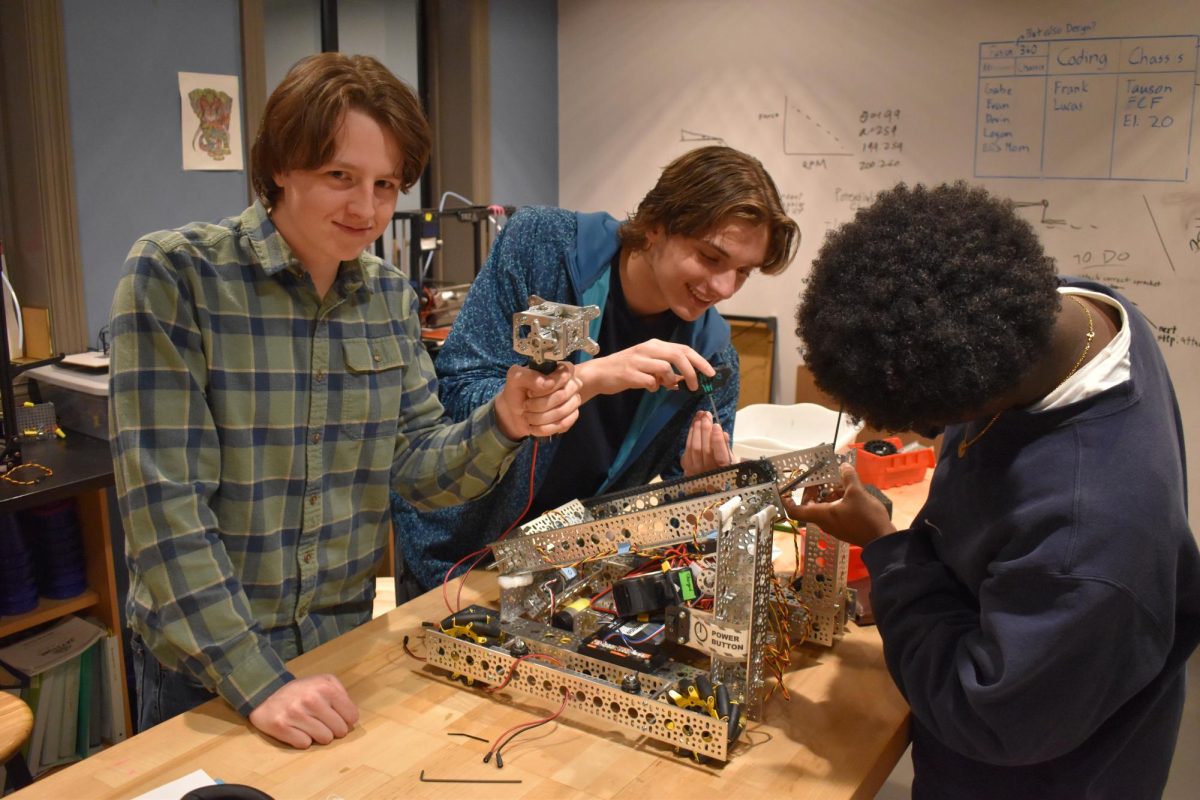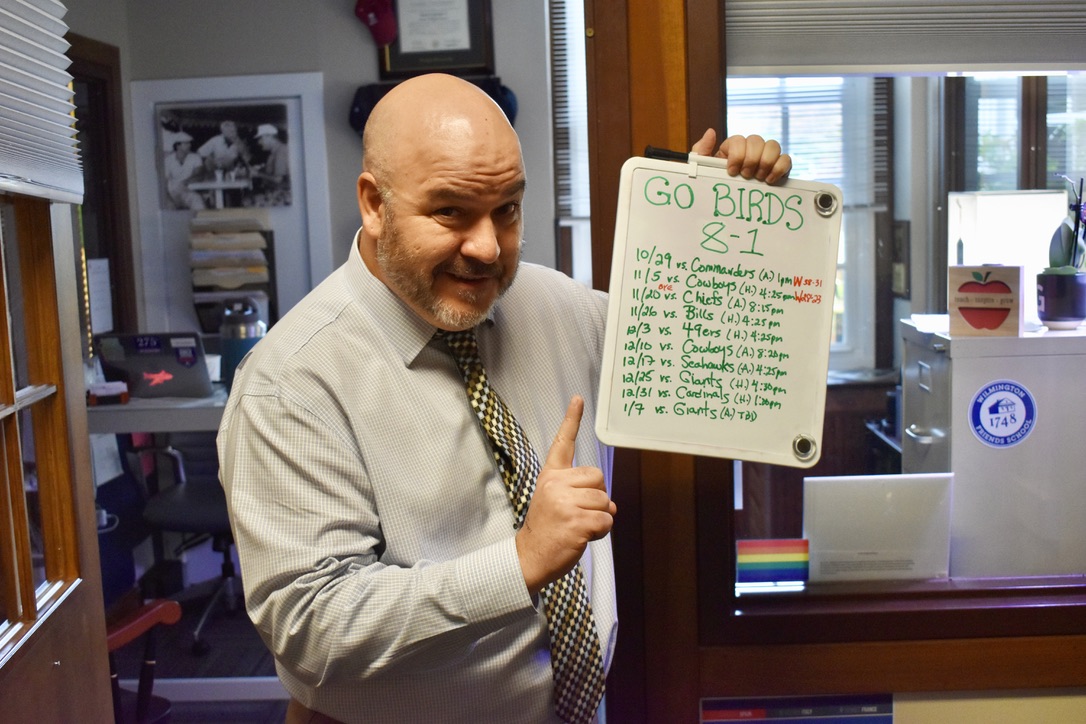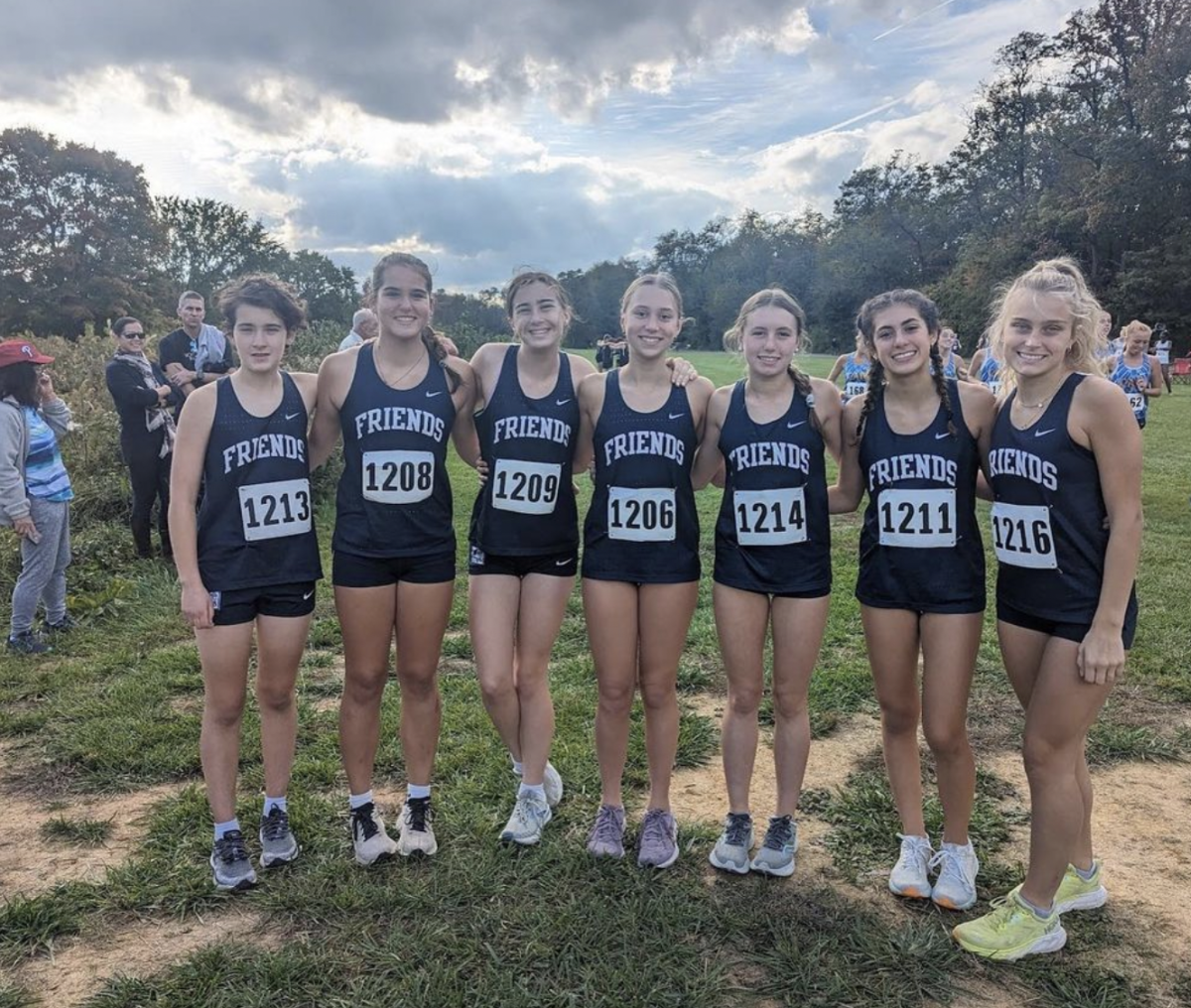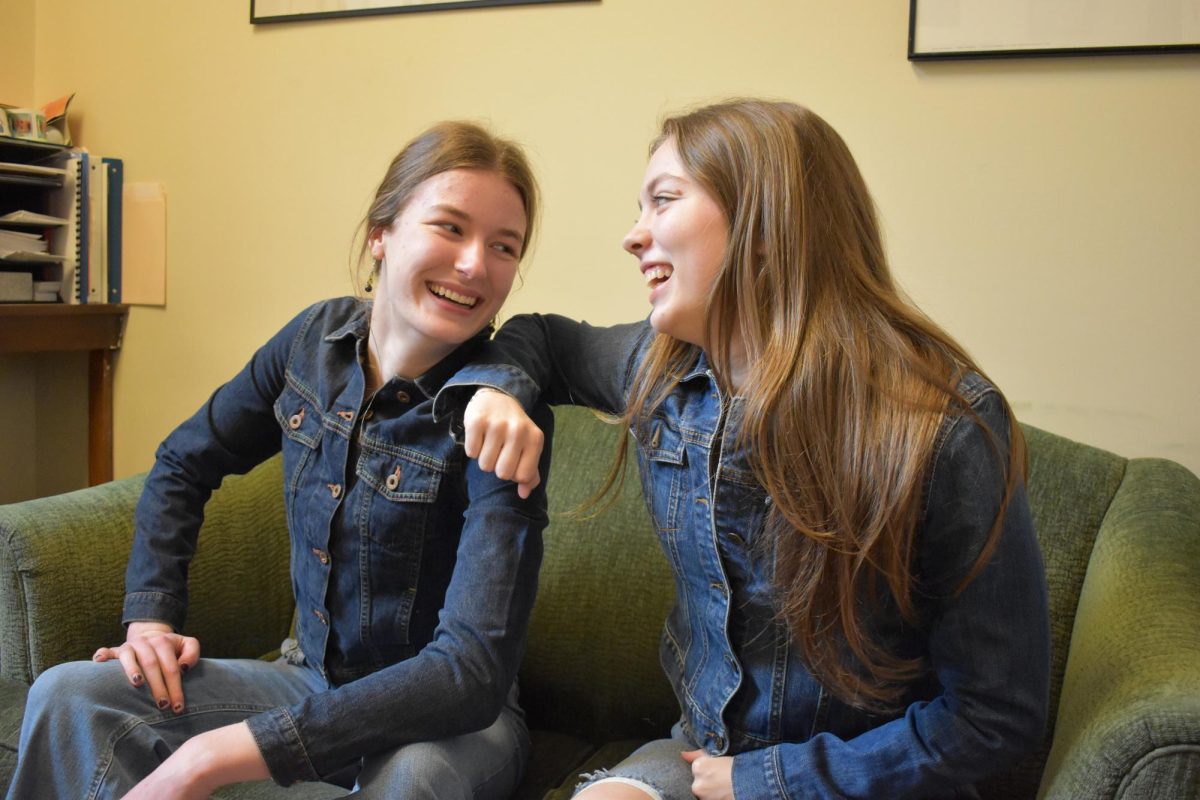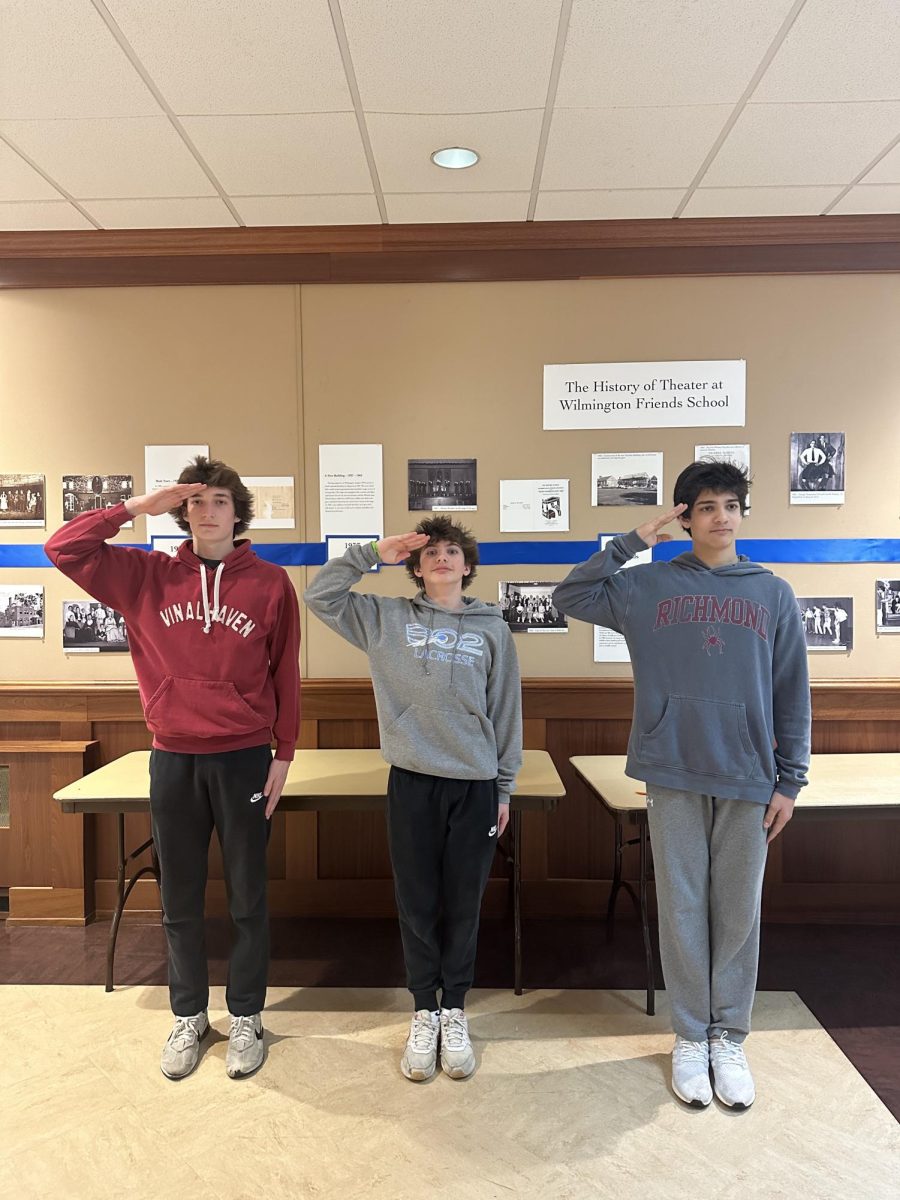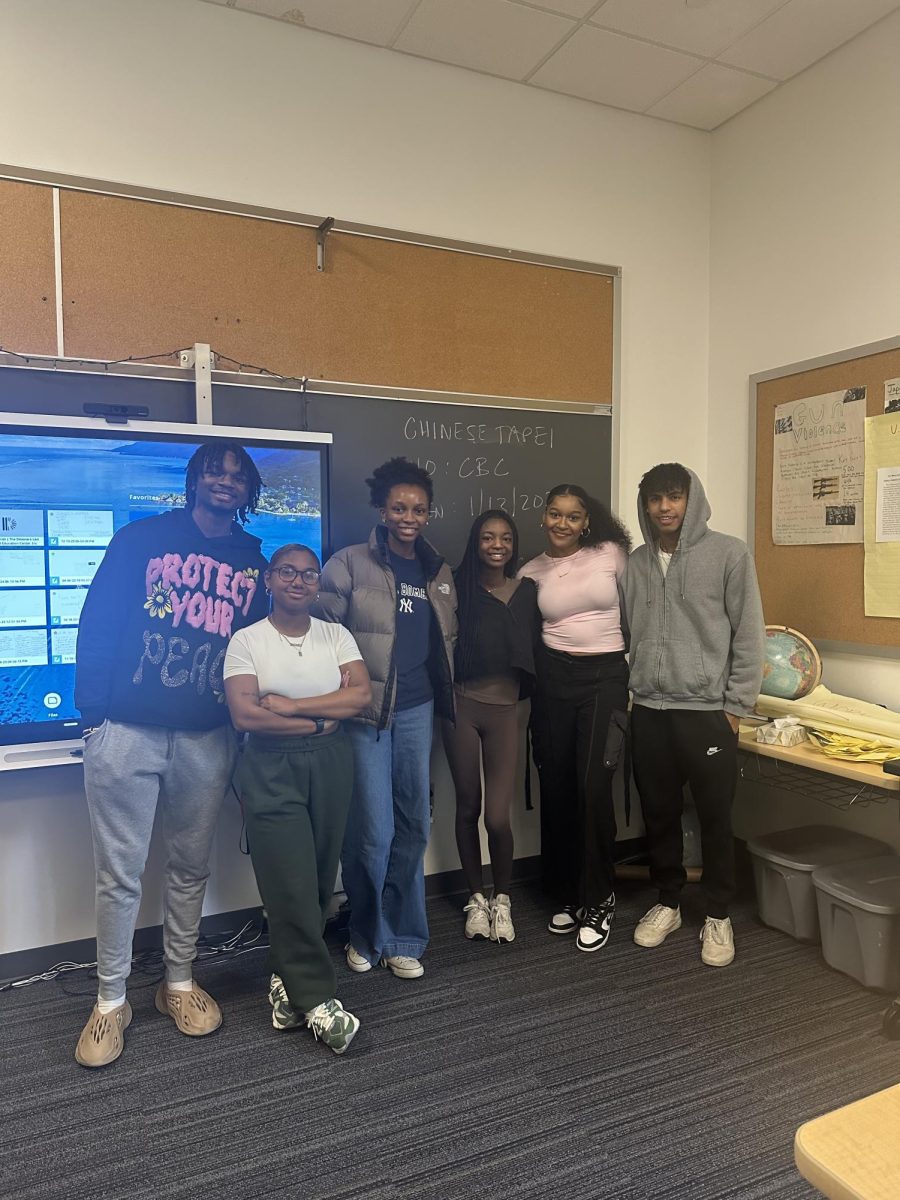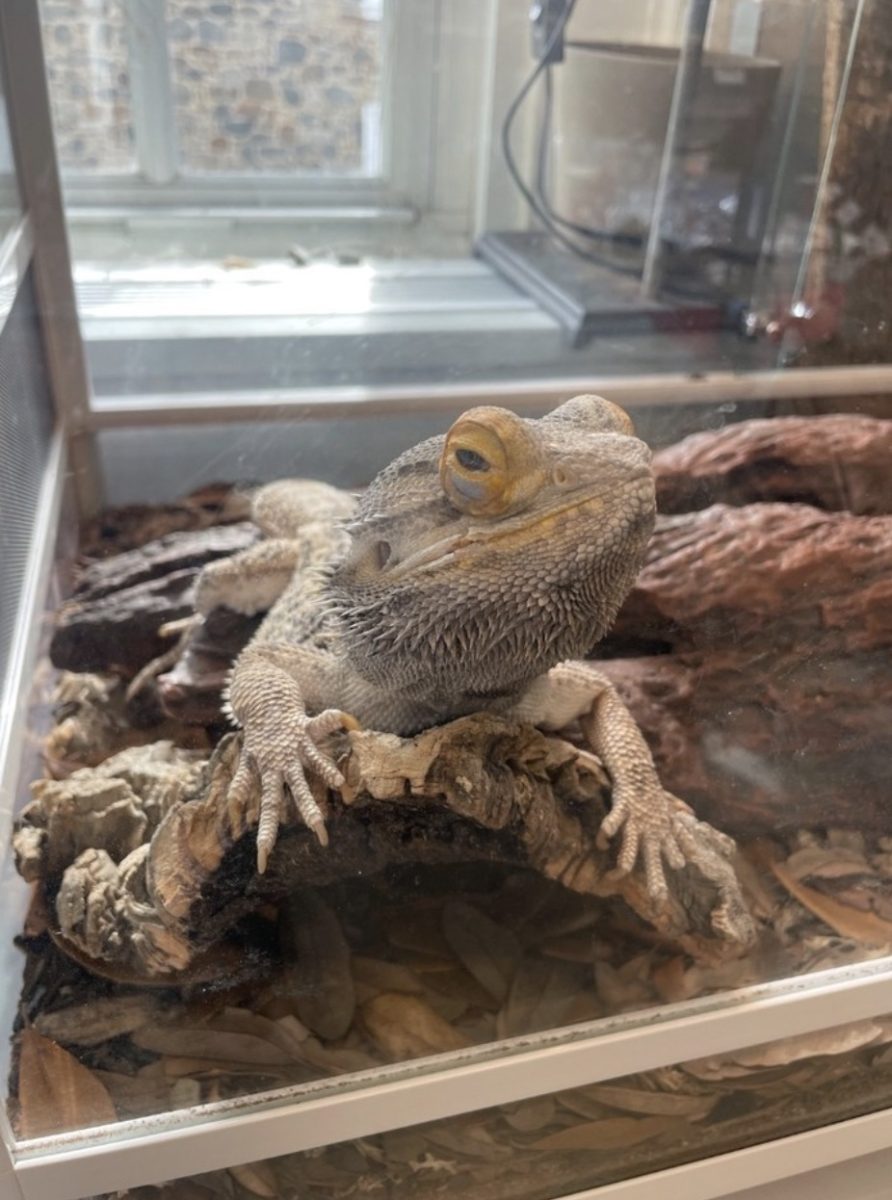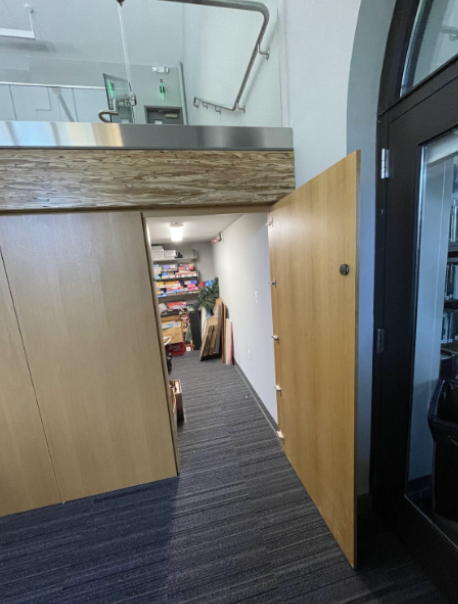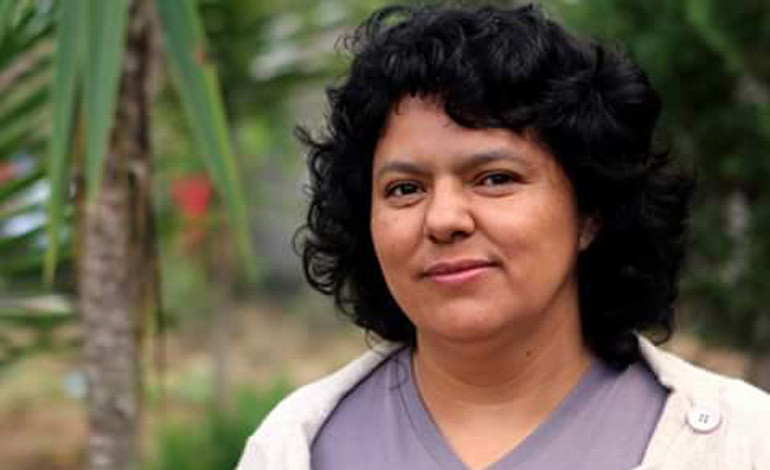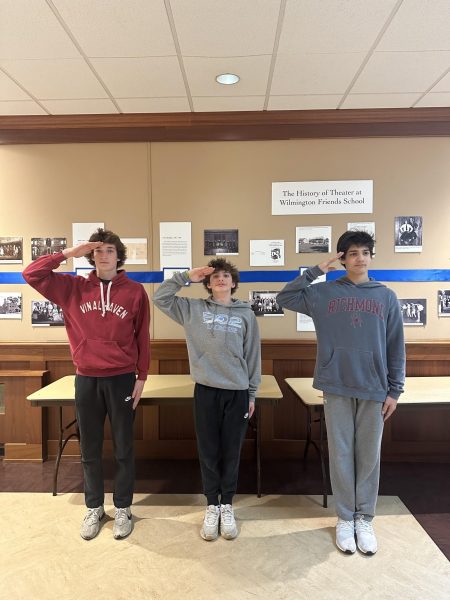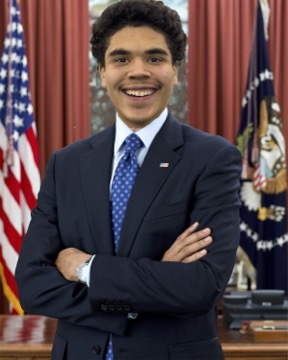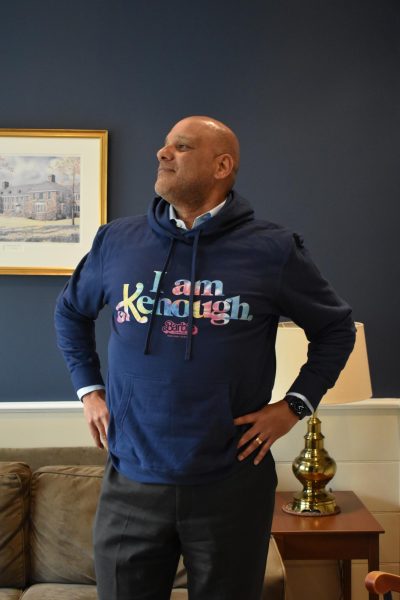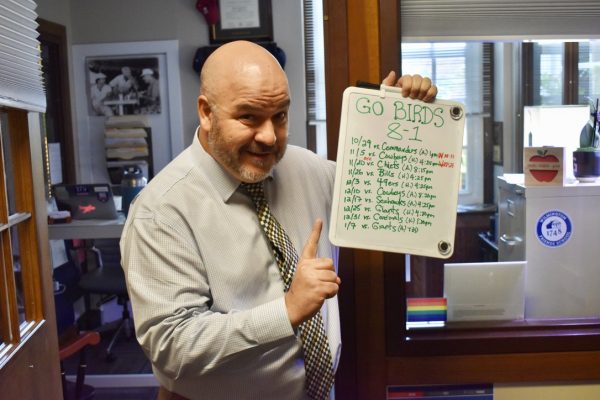Death of Honduras Activist Sparks Controversy
April Issue: Global Edition
Berta Caceres
The Goldman Environmental Prize is an annual award given to honor the work of grassroots environmental activists, and to inspire others to take action to protect the natural world. The award defines “grassroot” leaders as those who create positive social change through local efforts and community participation. In 2015, one recipient of the Goldman Prize was Berta Cáceres. For nearly a decade, Cáceres has worked to protect the Gualcarque River of Rio Blanco from the construction of the Agua Zarca Dam. Although Cáceres was praised as an environmental activist and an advocate for the rights of indigenous people, the activist was not largely supported within her community. However, despite threats against her life from those who opposed her, Cáceres did not cease her efforts. Tragically, on March 3, 2016, she was assassinated in her hometown in western Honduras.
Berta Cáceres was born on March 4, 1971 in Intibucá, Honduras, an area occupied by the indigenous Lenca people. Through Indibucá runs the Gualcarque River, which has recently become a hub for the construction of dams. One of the most significant dam projects is the construction of the Agua Zarca Dam by the Honduran company Desarrollos Energéticos SA (DESA), and the Chinese company Sinohydro. This has been particularly destructive to the Lenca community because the Lenca view the Gualcarque River as sacred, and they depend on it for food, water, and medicinal plants. In 2006, members of the Rio Blanco community sought out the help of Cáceres and the National Council of Popular and Indigenous Organizations of Honduras (COPINH), which she co-founded in 1993.
Since 2006, Cáceres campaigned against the Agua Zarca Dam by filing complaints with the government, organizing assemblies, and leading peaceful protests. Despite Cáceres’ numerous efforts, the Honduran government continued with the dam’s construction. In April 2013, Cáceres protested the dam by organizing a road blockade to prevent DESA from accessing the construction site. This blockade lasted over a year despite eviction attempts and violent attacks from the Honduran armed forces. In response, Kate Mraz ’16 stated, “I think that the Honduran government should be working more towards protecting the rights of indigenous people and the environment because the people of Rio Blanco have been living on the Gualcarque River for generations. The river helps the people make a living and if the dam is built, they are unable to have access to the water needed to keep the land for farming. I think the government should be protecting their rights because it reminds us where our ancestors have come from.” Many others, like Mraz, believe that the construction of the Agua Zarca Dam represents a human rights violation, and that the world needs to focus more on the protection of the rights of indigenous people.
While many believe that Cáceres was killed because of her role as a social activist, some Honduran officials are stating that her death was a result of a robbery attempt. Currently, it cannot be said for sure the reason why Cáceres was killed, as the only witness of the crime, Gustavo Castro Soto, is being prevented from leaving the country. In an open letter to the media, Soto states that the crime scene was altered by government officials, and that authorities appear to be ignoring genuine suspects. This has caught the attention of many global organizations including Amnesty International. The Amnesty International’s Americas director, Erika Guevara-Rosas, responded to Cáceres’ death by stating that the Honduran authorities have “Failed to follow the most basic lines of investigation, including the fact that Berta had been receiving serious death threats relating to her human rights work for a very long time.”
Other countries have responded to the assassination of Cáceres by offering to contribute to an investigation. For example, the United States has offered money in order to fund an investigation of Cáceres’ death. In Ottawa, Canada, people have been protesting outside of the Honduran embassy to demand an investigation of Cáceres’ untimely death. Sarah Balick ’17 supports a global involvement in the issue, stating, “its ridiculous that a woman who is protesting peacefully is being faced with such violence. This is an issue that needs to be addressed by the United Nations and the rest of the world because indigenous rights and environmental issues matter.” Like Balick ’17, the United Nations Special Rapporteur on the Rights of Indigenous Peoples, Victoria Tauli-Corpuz, has spoken out against the murder. Tauli-Corpuz condemned the assassination of Cáceres and called on the Honduran government to provide additional security measures and protection to the members of the Lenca community of Río Blanco, Cáceres’ family, and the members of COPINH to prevent more related deaths.
While the assassination of Cáceres may have been driven by an opponent to her cause, her death has only brought more attention to the violations of the rights of indigenous people in Honduras. In response to Cáceres’ death, Alejandra Navarro-Benbow, Upper School Spanish teacher, stated, “I think her death is representative of the reality experienced by indigenous communities in several Latin American countries, to try to deal with private interests who want to take their land or natural resources. This is nothing new; it has been this way seen since the days of the colonies. What we must keep in mind in the case of Berta Cáceres is that she was an internationally known figure under international protection. Perhaps her death, and the fact that she was a figure of such international importance will help raise our consciousness to force the national and international private corporations to take into account local interests and indigenous communities.” Around the world, people were shocked and outraged to learn of Cáceres’ death. However, the United Nations’ response suggests that there will be more done to investigate her death, and to prevent the assassinations of other human rights activists in the future, hopefully the first step of many in protecting the rights of indigenous people.


